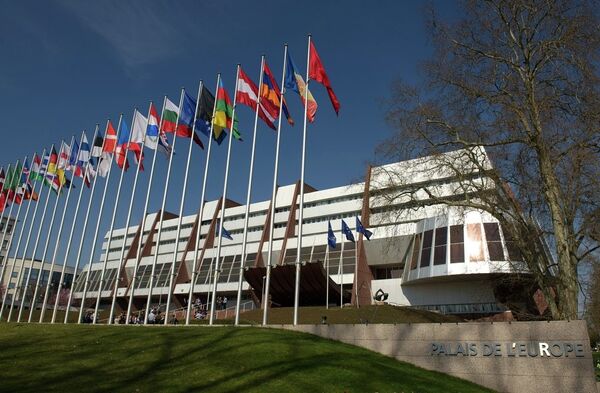MOSCOW, April 4 (RIA Novosti) - The Parliamentary Assembly of the Council of Europe (PACE) seems to be gradually softening its stance toward Crimea's reunification with Russia, the head of the Russian delegation to the assembly told journalists Friday.
"There's been a certain shift in the attitudes of political groups. Some national delegations feel there's no need to force Russia out of the Parliamentary Assembly, because it would put an end to dialog that they would like to maintain," said Alexei Pushkov, who also heads the Foreign Affairs Committee of Russia's lower house of parliament, the State Duma.
The assembly is to meet Monday for a spring session in Strasbourg, France, where it is expected that some parliamentarians will press to strip Russia of its membership over Moscow's stance on the breakaway republic of Crimea, which voted in March to leave Ukraine for Russia.
Alexei Pushkov said he felt the climate in the assembly had improved over the past several weeks. He suggested that the initiative to expel Russia seemed to enjoy more support in mid-March than it does now, and it is reasonable to expect that the initiative will not be upheld by a majority in PACE.
The meeting on Monday will test his theory. Pushkov noted that the change of heart was most likely due to the fact that Crimea's decision to join Russia had finally begun to sink in. The assembly has come to realize that the republic is firmly part of Russia by choice, and PACE can do nothing about it.
Pushkov said that sanctions against Russia will not change the situation, except by hurting EU-Russia dialog.
"The EU's plan resembles the following: if Russia stops at Crimea and doesn't advance against Ukraine or move its troops into Eastern Ukraine, there will be no economic sanctions," Pushkov said, adding that Russia's possible expulsion from PACE would be a last-ditch effort.
Many PACE delegations are now debating a joint stance that would demonstrate their dissatisfaction with Russia's position on Crimea, while at the same time avoiding a breakup with Moscow, he added.
Talks of ejecting Russia from the European Parliamentary Assembly emerged following the independence referendum in Ukraine's former republic of Crimea last month, in which an absolute majority of the population voted to rejoin Russia.
The vote came following a coup in Kiev in February, during which the country's parliament ousted President Viktor Yanukovych, amended the Constitution and scheduled an early presidential election for March 25.


